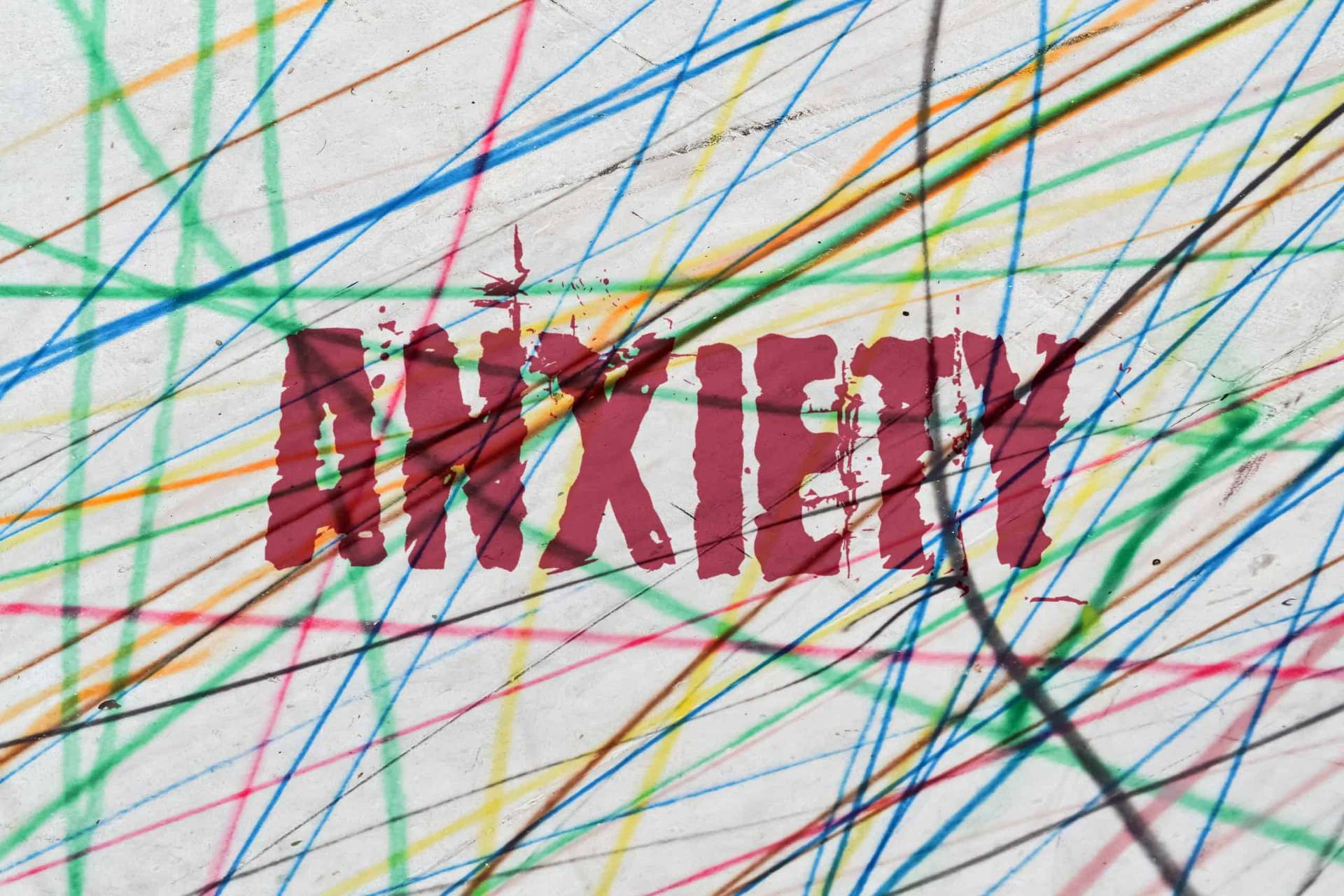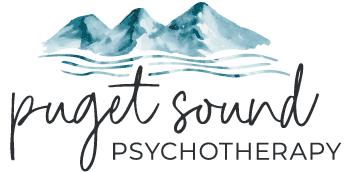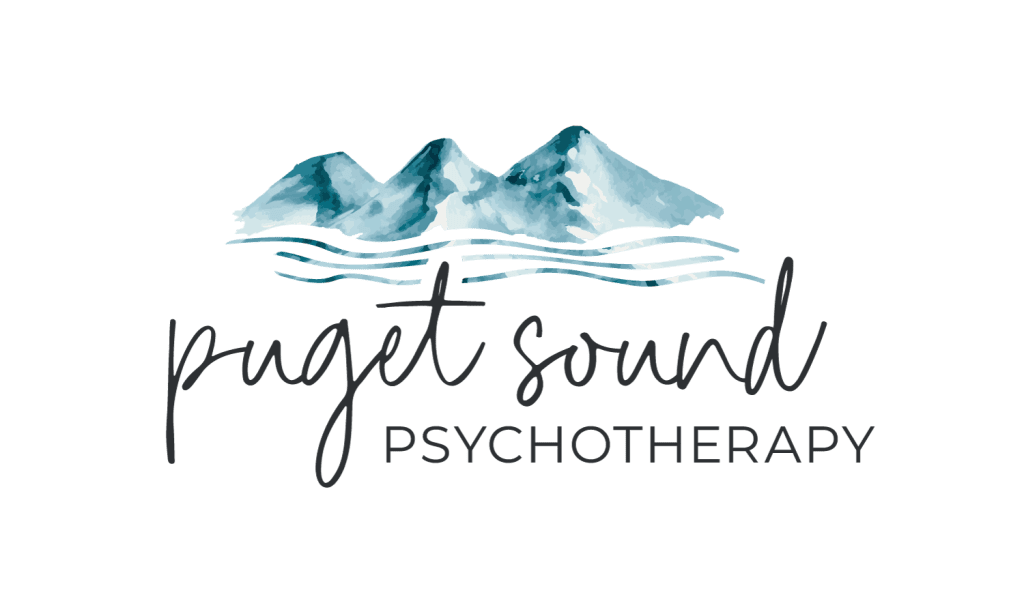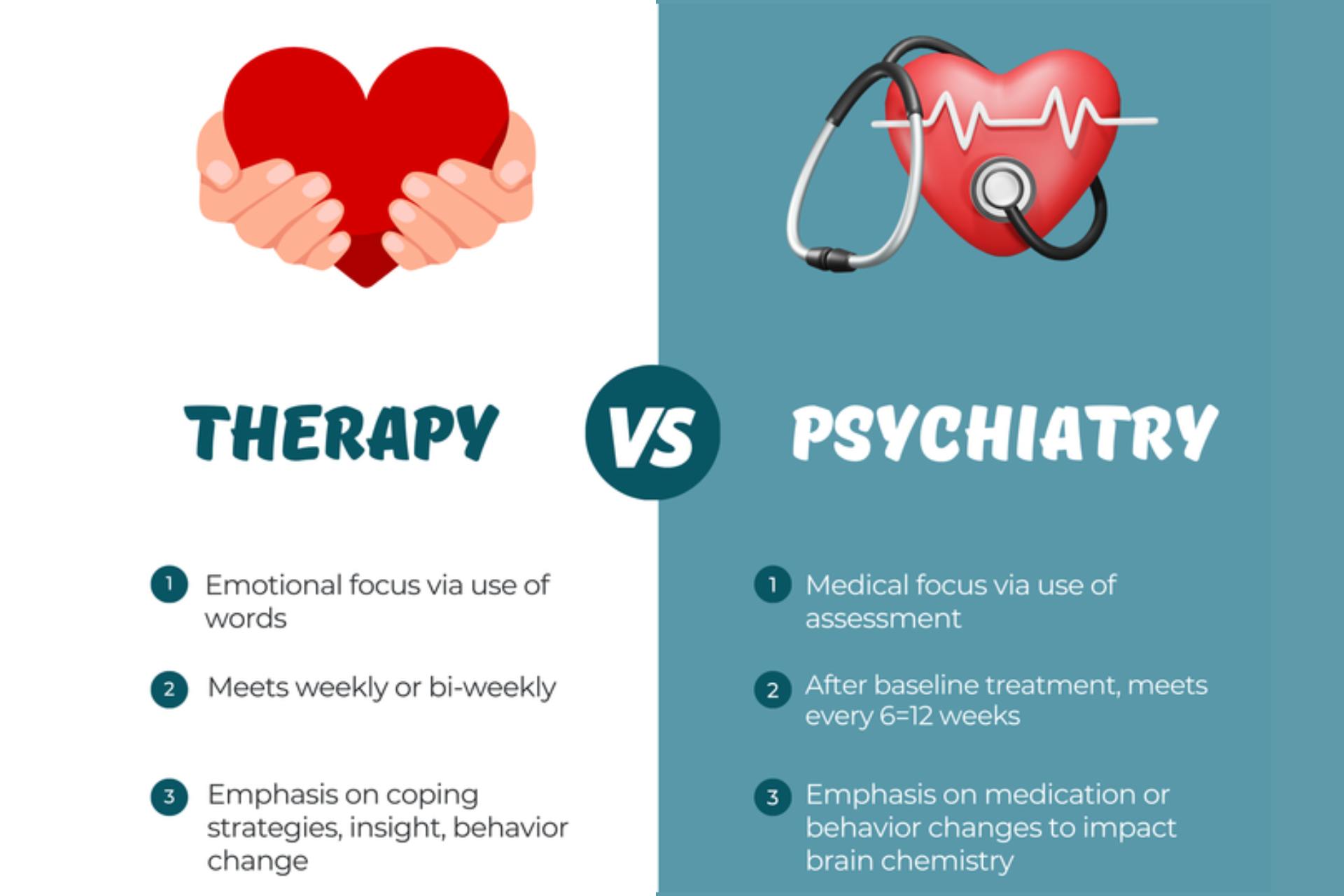
Anxiety is natural, good even, which is a far cry from how it makes people feel. The brain is trying to keep itself safe in response to stress. Universal to all is daily stress and it is metabolized quite differently depending on the situation and individual differences. In moderate doses, stress is an important warning sign, telling us to get ready for some perceived difficulty, danger or unknown outcome in life. Stress becomes an anxiety problem when it seems to be excessive or constant. This tends to be the point where it can transition to a problematic condition that interferes with daily function, leading to declining mental health which leads to declining physical health. How can you determine what the warning signs are pointing to, so the brain can stop already?
Defining what a problematic anxiety looks like is important to determine what can be done to get back to health and a state of equilibrium. Feelings of Anxiety like nervousness, worry, moments or excitability or even panic are normal responses given the proper situation. If the anxiety persists and begins to overshadow the event that caused it, there is a start of a problem. In general, if the response is bigger than the trigger then there could be imbalance. If this imbalance is not addressed, then it can spiral into chronic anxiety. This lack of controlling worries or alleviating anxiety leads to distress and decrease functioning in various areas of life.
How much interference is too much? When Anxiety interferes with daily functioning it begins to change one’s ability to complete routine tasks, maintain or even enjoy relationships, and the pursue personal goals is often halted all together. Anxiety can be so overwhelming that individuals avoid social situations or work-related activities for reasons that cognitively do not make sense but emotional cannot be minimized. For example, at a work function one might feel like intense fear of judgment or failure even though there is no indication of poor performance which in turn can lead to self-isolation and diminished productivity, the very thing that was irrationally feared at the onset. It’s a bit of a self-fulfilling problem.
Prolonged anxiety leads to many physical symptoms which can also serve as indicators of problematic anxiety. Physical symptoms are sometime the first indication of an anxiety issue for many individuals. Not Feeling the emotion of anxiety does not mean our bodies don’t respond to the emotion and through off the equilibrium our brains need for optimal functioning. Whit that in mind, do not assume butterflies in the stomach or a racing heartbeat are abnormal responses to stress. They are very normal, and they are also physical so the idea that ongoing, unmetabolized anxiety cannot cause physical harm is false. A consistent physical symptom might seem benign and be ignored or excused, but it could very well be your body’s way of signaling the pretense of an underlying anxiety problem.
How does you thank the brain for protection and ensure it does not become overactive and anxiety become problematic? There is not one size fits all solution. In general, determining why the brain is sending consistent, unrelenting warning signals to maintain safety is as important as how to cope when it happens. Seeking professional help from a licensed therapist or psychiatrist is a good idea as they can help in addressing the cause and establishing a treatment plan aimed at problematic anxiety.
In general evidence-based treatments like Cognitive-behavioral therapy (CBT), or medications can help individuals develop coping skills, challenge maladaptive thought patterns, and reduce anxiety symptoms. It also does not hurt to address general health and wellness practices as there is not a silver bullet approach to treatments. Practices like regular exercise, meditation, and whole food diets can help individuals with emotion equilibrium difficulties. Active relational support is also key to good brain equilibrium, health metabolization of stress and mental health in general
To conclude, feeling anxious is not a great feeling but it has a purpose. It is important to understand its purpose and be able to recognize if it has become problematic and why. Being attuned to emotional and physical states is a good way to keep a close watch on how anxiety is being metabolized. If there are moments in life when you experience problematic anxiety it is possible to regain equilibrium while also increasing resilience to future anxiety-evoking encounters. I would love the opportunity to get to know you and help create a specific treatment plan that brings about increased mental health. The decision to start something new or change directions is one that takes carful considerations.
Begin Where You Are
Dr. Tim Richardson | DNP, ARNP, PMHNP-BC
Psychiatric Practitioner with Puget Sound Psychotherapy
Ph: 206-669-4336
www.PugetPsychotherapy.com




